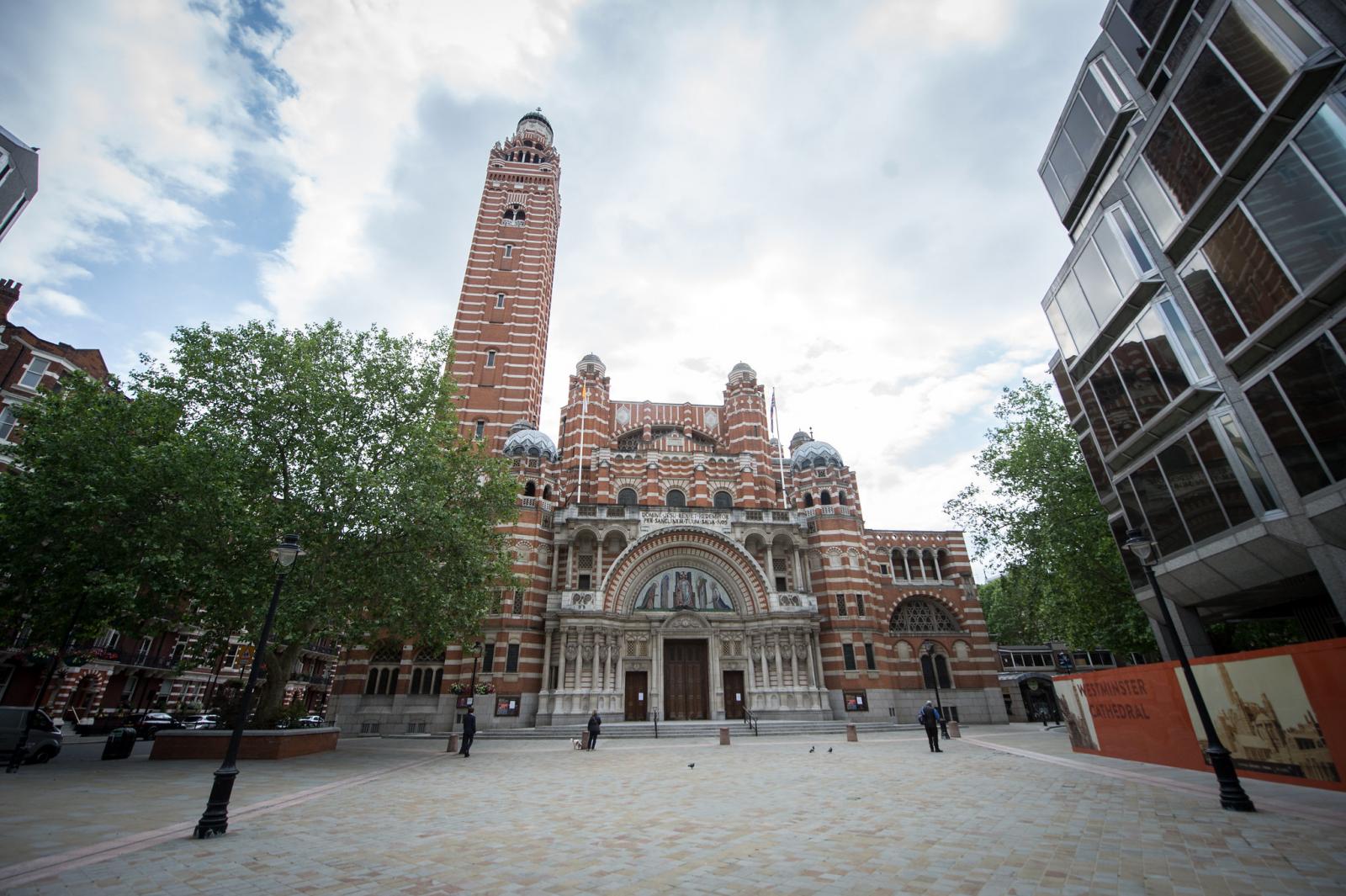On Saturday 29 May, the wedding of Carrie Symonds and Boris Johnson took place in Westminster Cathedral. The bride and groom are both parishioners of the Westminster Cathedral parish and baptised Catholics.
It is not appropriate to comment on the personal circumstances or disposition of this couple, other than to confirm that this marriage took place in full accordance with the requirements of the Church. These requirements, rather than sentiment, must guide action. No privileges or exceptions were afforded to this couple, other than the closure of the Cathedral for security reasons.
The Catholic Church celebrates marriage as a great blessing instituted by God for the good of the spouses, their children and the wider community. Marriage is a sign of God’s love for all of human creation and the marriage of a man and a woman, both of whom are baptized Christians, is considered a Sacrament--a sacred sign of the enduring union of Christ and the Church. The Catholic Church holds that it is the legitimately manifested consent of the man and the woman marrying that creates the marriage bond which is a lifelong bond of love and fidelity and is particularly characterized by an openness to receiving the blessing of children.
The Catholic Church holds:
- That a valid marriage creates a bond which ends only with the death of one of the spouses.
- That to marry validly a number of factors must be present including capacity to marry, both legal and personal, as well as genuine marital intent and the absence of any other existing marital bond.
- That a Catholic, defined as a person who was baptized or formally received into the Catholic Church, who wishes to enter a marriage which is recognized as valid in the eyes of the Catholic Church must exchange marital consent before a Catholic priest/deacon or receive special permission to exchange marital consent in another setting. If a Catholic does not observe this rule the marriage is considered not to be valid under Catholic Canon Law.
- That a civil decree of divorce impacts only the civil effects of marriage and does not, in and of itself, leave the parties free to enter a marriage recognized as valid in the eyes of the Catholic Church.
- That after a civil divorce has been issued either of the parties may ask the Catholic Church to look into whether the presumption that the marriage is valid in the eyes of the Catholic Church is verified or whether there is information present which requires that the presumption be overturned. In situations where the presumption is overturned what is commonly called an annulment is issued by the Catholic Church. It is to be noted that an annulment has no implications for the children of the couple.
For those who wish to pursue these difficult questions further, please contact your parish priest, especially if you are personally affected by these matters. He will accompany you, or refer you to someone who is able to do so.




